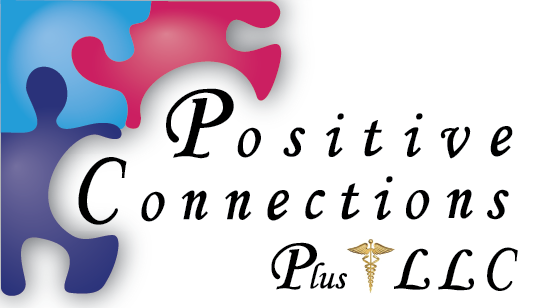

Trauma
Have you or a loved one experienced trauma? Are you looking for a way to move forward? Trauma counseling can help you through the process and allow you the possibility of moving forward and living your life to the fullest. If you are considering finding help to move past trauma, recognizing that you have had a traumatic event and what trauma counseling can do for you are the first two steps.
A traumatic event is an event that causes physical, emotional, spiritual, or psychological harm to an individual. Along with this definition is the other component, your reaction to the event or situation. Some are able to cope with traumatic events without becoming stuck. But many are unable to. Trauma happens when the event is too overwhelming for you to cope with.
There are several techniques a trauma counselor can use to help you through the healing process. Typically the varied ways all have the same goals in mind, which are;
- To face the traumatic event without becoming stuck in it.
- To eliminate or reduce trauma symptoms.
- Shifting one’s focus from the past to the present and future.
- Improve daily life.
- To take back your power over your emotions.
- To eliminate any addictions that may have resulted from the traumatic event.
- To learn skills to help avoid relapse.
You may have additional goals in mind and can set them with the help of your trauma counselor. The goal is to move past the traumatic event to resume a life with the fullest potential for your well-being.
As stated, there are a variety of techniques. Two of the most highly used techniques are TF-CBT (Trauma-Focused Cognitive Behavioral Therapy) and EMDR (Eye Movement Desensitization and Reprocessing).
TF-CBT, Trauma-Focused Cognitive Behavioral Therapy, is an evidence-based psychotherapy treatment for children and adolescents impacted by trauma and their parents or caregivers. Research shows that TF-CBT can successfully resolve a broad array of emotional and behavioral difficulties associated with single, multiple, and complex trauma experiences.TF-CBT aims to educate both the child and the caregivers to help them identify and cope with behaviors, thoughts, and emotions experienced because of the trauma.
EMDR, Eye Movement Desensitization, and Reprocessing, was created with the goal of helping people process their traumatic experiences in healthier ways. This process shows that the mind can heal from psychological trauma just as the body can heal from physical trauma. The assumption is that the mind wants to move toward optimal mental health unless something is blocking that flow. When the body is injured, it begins to heal unless an infection occurs, causing the wound to remain open and not heal. But once that infection is treated, the body begins to heal. EMDR therapy shows that the mind goes through a similar healing process. If your mind is blocked from experiencing a trauma, the emotional wound can fester, causing suffering. EMDR will help to remove the blockage and heal the mind. Trauma counselors are trained in specific protocols to help the mind to start natural healing.
If you or your loved one has experienced a traumatic event, seeking help as soon as possible is vital. This can help avoid further traumatic stress symptoms that can affect you psychologically and physically. The sooner you receive help, the less possible damage will be to overcome.
Positive Connections Plus has grief counselors on staff. They are mental health professionals with specific education and training to help individuals who have gone through a traumatic event.

Grief
Grief has many forms and several definitions, as everyone experiences grief differently. One of these definitions is defined as a natural reaction to loss, death, or major change. Even though grief is felt largely by those who have lost a loved one, it is not the only way to feel it. Another definition of grief is having conflicting feelings caused by the end or change of a pattern of behavior. For instance, one might lose contact or end a long-term friendship. This makes them experience a loss in their life without death.
Grief counselors are there to lead you through what might be a very dark time period in your life. They help you through this by sharing their knowledge and skills with you while you share your story with them. The grief counselor has studied the stages of grief and learned techniques for helping people accomplish each stage. The five stages of grief created by Kübler-Ross are; Denial, Anger, Bargaining, Depression, and Acceptance. The grief counselor uses a variety of techniques that can help you understand, experience, and move through these five stages. During the grief process, goal-setting will be very important. Because grief involves so many different changes, setting goals for your new life changes is imperative.
If your pain, feelings, or emotions are overwhelmingly intense, last for over a year, or have affected the way you can function in your daily living, grief counseling is one of the best ways to process your grief and find a way forward.


